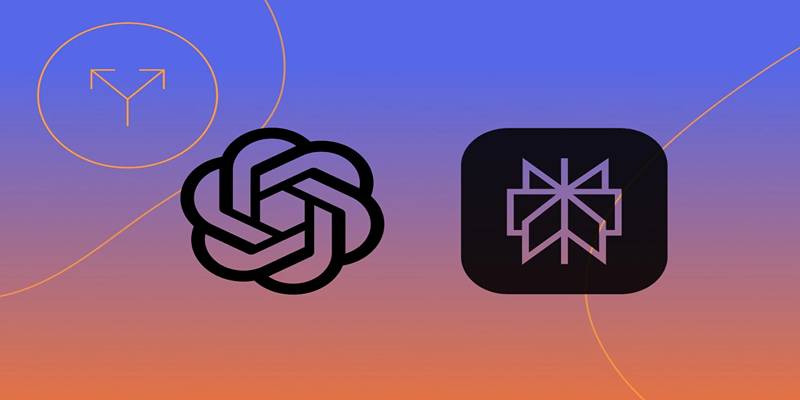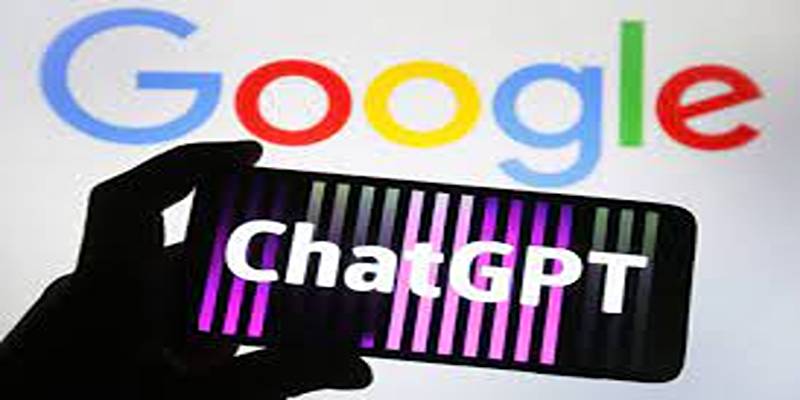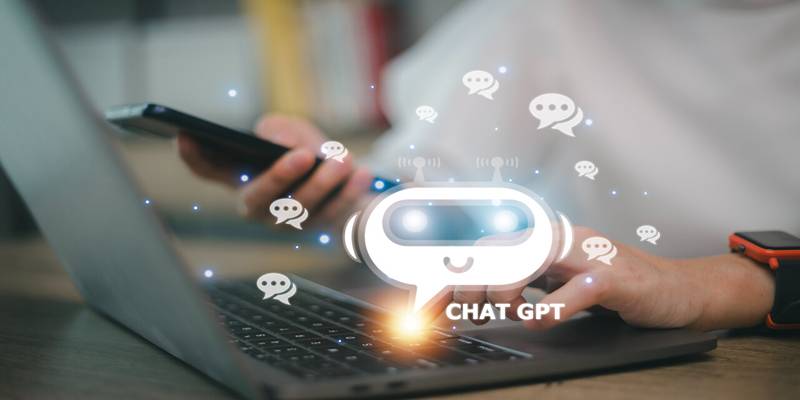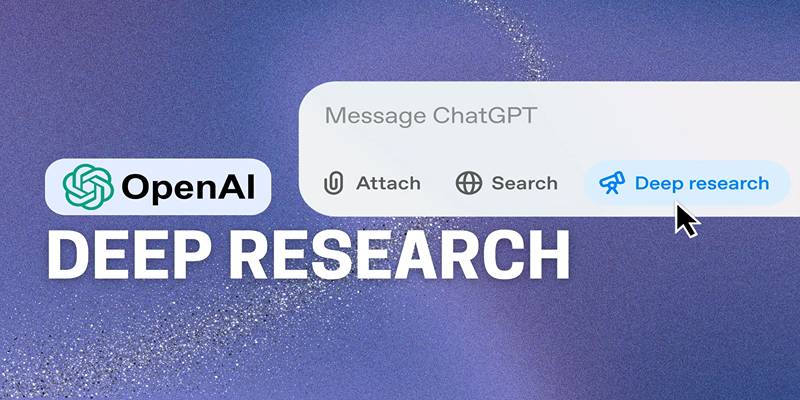A lot of progress has been made in artificial intelligence in the last few years, especially in tools that help us find information. AI search engines like ChatGPT, Perplexity, and others are being used to summarize topics, offer answers in conversational form, and even assist with research. However, despite all the buzz and their growing presence in tech circles, there’s one thing AI hasn’t done—and likely won’t do anytime soon: replace Google.
Google Search, which has been a core part of internet use for over two decades, remains the go-to platform for billions of people. While AI search tools are exciting and useful, there are a number of reasons why they still can’t fully take Google’s place. Here are 5 key reasons why classic Google searches still lead the way.
1. AI Searches Are Sometimes Outdated

One of the biggest challenges with current AI search tools is that the information they use is often not the most up-to-date. Many AI models, including popular ones like ChatGPT, are trained on data that has a cutoff point. It means that while they may be able to offer solid overviews or summaries of past information, they often can’t give real-time updates.
For instance, if you ask an AI tool for the latest updates on a breaking news event or a recent technology release, there’s a good chance it will either give you older data or direct you to sources that haven’t been updated in years. In fast-changing fields like medicine, law, tech, or current affairs, this delay can lead to misunderstandings or outdated conclusions.
On the other hand, Google’s search algorithm constantly crawls the web and updates its results based on the newest content available. It frequently surfaces the latest articles, blog posts, and videos—sometimes published just minutes earlier. This level of timeliness is essential for accurate research and reliable decision-making. Until AI tools can match that level of real-time access, they’ll always feel a step behind when compared to Google.
2. Google Is Still Better for Fact-Checking
Fact-checking is one of the most common uses of search engines, especially with so much misinformation floating around. Here, Google still has a strong edge. When you type a claim or question into Google, it gives you a wide selection of sources—often with links to reputable sites, academic papers, or news outlets. It allows users to verify information themselves and compare perspectives.
AI tools, however, sometimes summarize conflicting information or present it without proper sourcing. Even when they cite sources, the way that information is delivered can feel too confident or vague. In fact, AI is known to "hallucinate" at times—offering made-up facts or statistics that sound plausible but are entirely incorrect.
That’s a huge risk when verifying something important. With Google, users can browse several trusted sources and judge the reliability of the content themselves. With AI, the lack of transparency around where the information comes from can lead to confusion or, worse—false confidence in bad data.
3. AI Search Tools Aren’t as Accessible to Everyone
AI-powered search tools may be gaining traction in tech communities, but the average internet user still relies heavily on Google. Most people know how to use it, and it’s often built into their browsers, phones, and apps. Google has become second nature to many—almost like muscle memory.
By contrast, AI search platforms still feel experimental to many users. They often require sign-ups, learning how to interact with a chatbot, and navigating through interfaces that aren’t always intuitive. While tech-savvy users may be excited to try out Perplexity or ChatGPT, the general public may not feel comfortable making the switch.
Another issue is platform fatigue. After months of AI-related headlines and tools popping up everywhere, many casual users have become overwhelmed or disinterested. They don't want to try every new tool—they want something that works with minimal effort. And for now, Google is still the go-to option.
4. It’s Hard to Change People’s Habits
Even if AI tools do improve their design and features, they still face one major roadblock: habit. People have been using Google for so long that it’s become a default part of their digital lives. It’s on their homepage, their mobile apps, and even built into their voice assistants. They trust it because they’ve been using it for years, and it delivers what they need—quickly and reliably.
Changing people’s daily habits is incredibly hard. Just look at how some still read newspapers, listen to radio shows, or watch traditional cable TV. These habits don’t go away overnight, even when new technology exists.
The only way new tools can break through is by offering a significantly better experience—something that feels easier, faster, and more useful. While AI tools are exciting and often impressive, they haven't yet created a reason big enough for most users to switch. That makes mass adoption a long road.
5. Google Has a Simpler, More User-Friendly Interface

Another reason Google continues to dominate the search world is its beautifully simple interface. There’s no need to learn how it works. You type in your question, hit Enter, and get a clear list of links and answers. It’s clean, intuitive, and consistent across devices.
AI search tools, however, often come with a learning curve. You might need to figure out how to phrase your question properly, how to prompt the tool effectively, or how to scroll through long AI-generated responses that may or may not hit the mark. The output feels more like a conversation than a search result—which is interesting but not always what you need when looking for something quick.
Conclusion
There’s no doubt that AI search tools are useful. They can summarize complex ideas, generate content, and offer a more conversational way to interact with data. But when it comes to replacing Google, they still fall short in key areas like timeliness, trust, simplicity, and everyday usability.
Google remains the most accessible, widely adopted, and user-friendly search tool on the planet. It updates content in real-time, supports fact-checking with multiple sources, and fits naturally into users’ existing habits.











